The First Lebanon War, which took place in the early 1980s, had a profound impact on the dynamics of the Israel-Lebanon region. One of the key outcomes of this conflict was the emergence of Hezbollah, a powerful Lebanese militant group. This article explores the historical background of the First Lebanon War, analyzes its consequences, and seeks to understand why Hezbollah has refrained from engaging in direct warfare against Israel. By examining the lessons learned from this landmark conflict, we aim to shed light on the complex dynamics that have shaped the current geopolitical landscape in the region.
The First Lebanon War: Understanding the Conflict
Before delving into the reasons behind Hezbollah’s avoidance of direct war with Israel, it is crucial to gain an understanding of the First Lebanon War:
- Historical Context: Examining the historical backdrop, including the Israeli occupation of southern Lebanon and the rise of Palestinian militant groups, provides insights into the genesis of the conflict.
- Objectives and Tactics: An analysis of the objectives and tactics employed by the various actors involved, including Israel, Lebanon, and Palestinian factions, offers valuable context to understand the dynamics of the war.
Consequences of the First Lebanon War
The First Lebanon War had far-reaching consequences that continue to shape the region today:
- Emergence of Hezbollah: One of the most significant outcomes of the conflict was the rise of Hezbollah, initially formed as a resistance movement against the Israeli occupation. The organization evolved into a powerful military and political force in Lebanon.
- Lessons Learned: The First Lebanon War provided valuable lessons for both Israel and Hezbollah. Each side adapted its strategies based on the experiences gained during the conflict, shaping their approach to future confrontations.
Hezbollah’s Reluctance for Direct War against Israel
Several factors contribute to Hezbollah’s ongoing avoidance of direct warfare with Israel:
- Cost-Benefit Analysis: Hezbollah has calculated that engaging in a conventional war with Israel would incur heavy losses and risks to its operational capabilities. Instead, the group has opted for asymmetrical warfare, employing tactics such as guerrilla warfare, rocket attacks, and targeted asymmetric actions.
- Defensive Posture: Hezbollah has developed an extensive network of tunnels, bunkers, and underground infrastructure to enhance its defensive capabilities. This strategy allows the group to withstand Israeli military offensives and maintain a constant threat to Israel without risking all-out war.
- Proxy Warfare: Hezbollah has increasingly engaged in proxy warfare, supporting and arming various regional actors aligned with its objectives. This approach allows the organization to indirectly challenge Israel while avoiding direct confrontation.
- Domestic Considerations: Hezbollah’s involvement in Lebanon’s internal politics and governance puts the group in a position where open warfare against Israel could disrupt its local support base and undermine its social and political influence.
Conclusion
The First Lebanon War played a pivotal role in shaping the current state of affairs in the Israel-Lebanon region. Hezbollah’s emergence as a powerful military and political entity and its subsequent avoidance of direct conflict with Israel can be attributed to a set of strategic calculations, lessons learned from the previous war, defensive postures, and domestic considerations. By understanding these dynamics, regional stakeholders can gain valuable insights into the complex dynamics that influence Hezbollah’s approach to warfare and the broader geopolitical landscape in the Middle East.










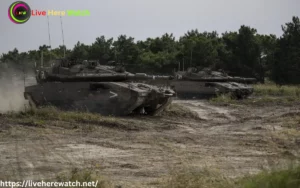

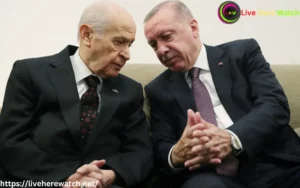
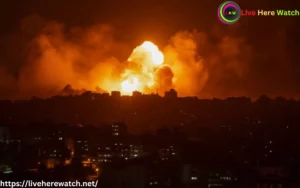


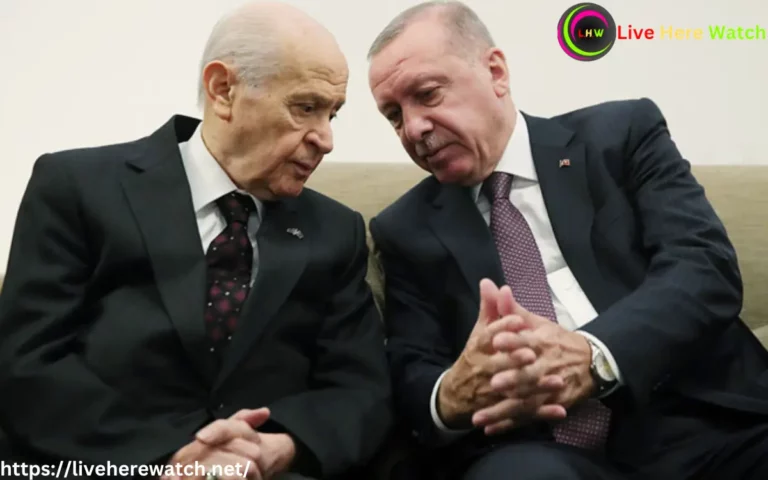
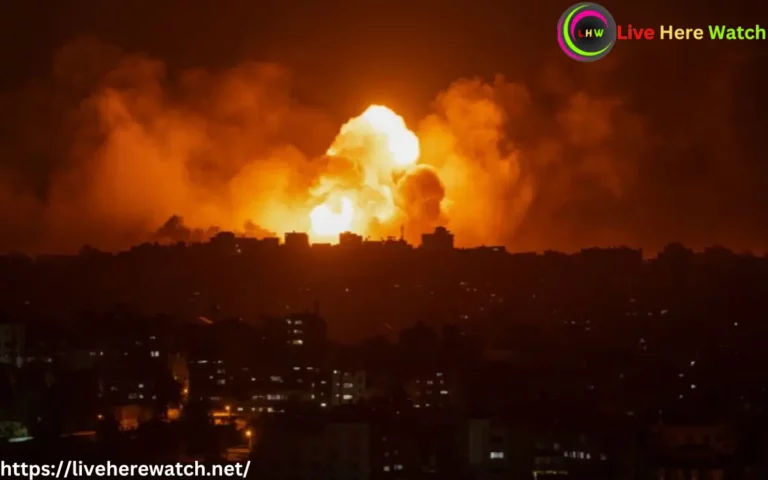
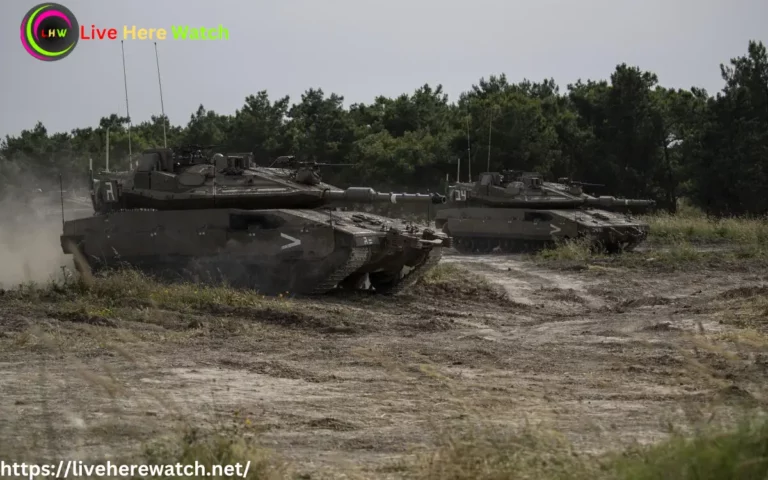
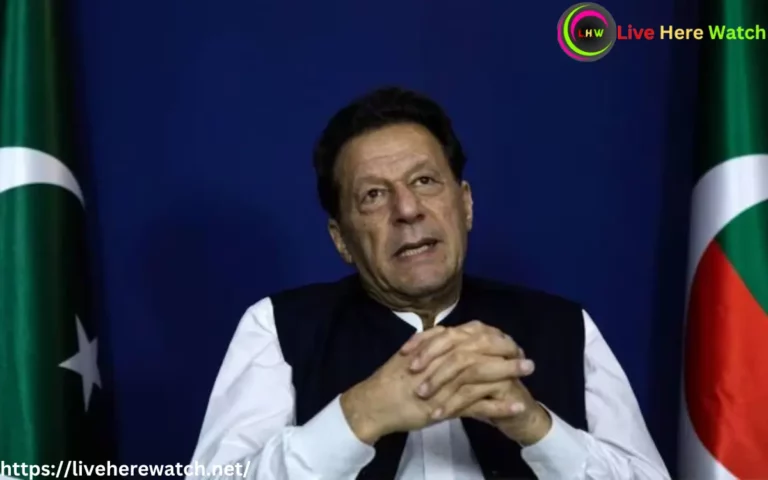



+ There are no comments
Add yours